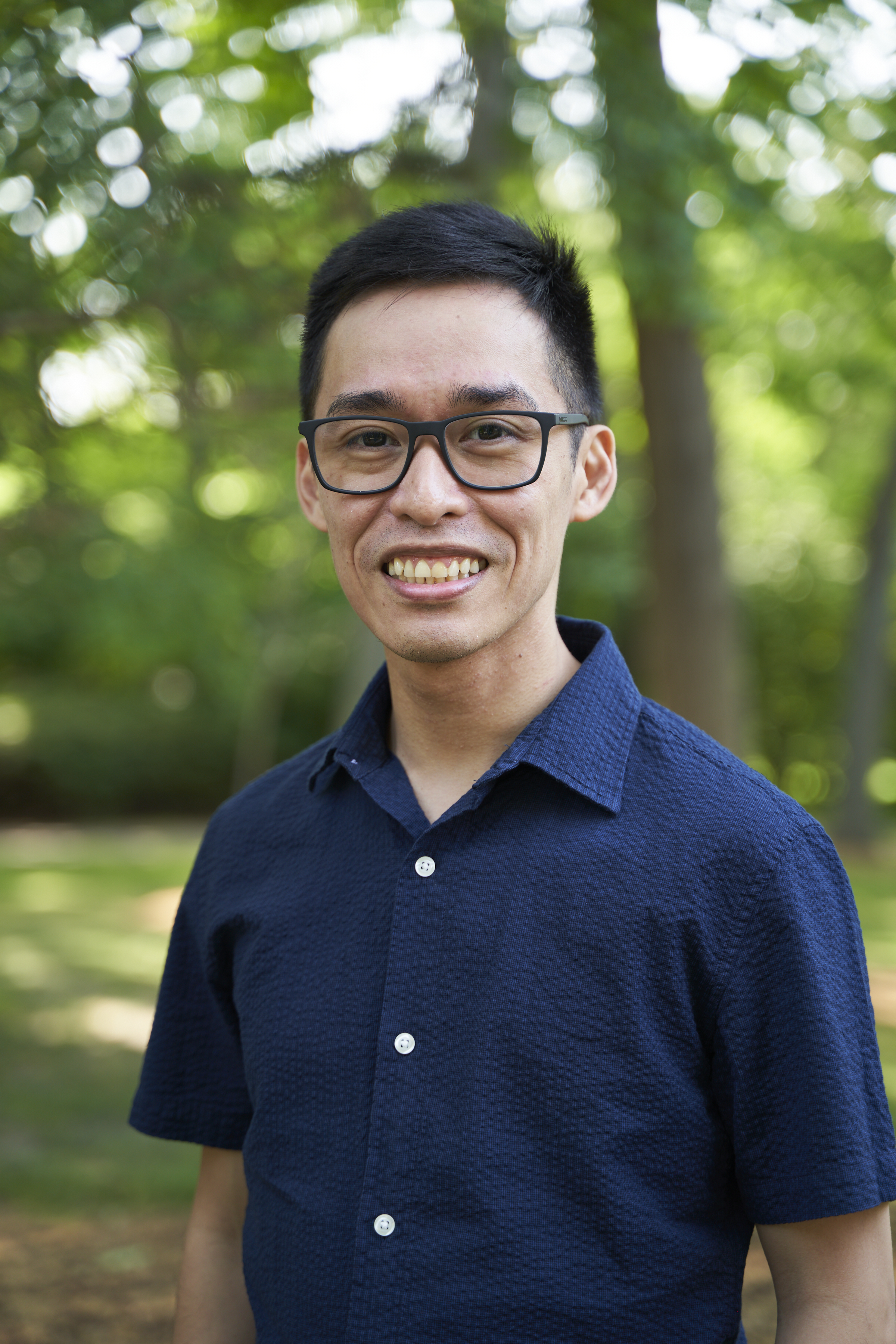Ado Rivera Joins ISGMH as a Team Scientist
 The Institute for Sexual and Gender Minority Health and Wellbeing (ISGMH) at Northwestern University welcomes Ado Rivera, MD, PhD, to its faculty. Rivera is an assistant professor with appointments in the Departments of Medical Social Sciences and Preventative Medicine.
The Institute for Sexual and Gender Minority Health and Wellbeing (ISGMH) at Northwestern University welcomes Ado Rivera, MD, PhD, to its faculty. Rivera is an assistant professor with appointments in the Departments of Medical Social Sciences and Preventative Medicine.
A quantitative methodologist, Rivera works as a team scientist across several research projects at ISGMH and Northwestern.
“My interests are studying health disparities, understanding the drivers of disparities, and eventually identifying effective interventions to address those disparities at the health systems level,” said Rivera.
Rivera studies social determinants of health and intervention effectiveness in a range of populations. However, he does have a special interest in sexual and gender minority health and the health of people living with HIV, especially as it relates to aging, cardiac disease risk, and quality of medical care.
Within ISGMH, Rivera currently supports various projects across several teams, including the RADAR Study, EDIT Program, and ADVOCATE Program.
“As part of ADVOCATE, I am working on setting up an electronic medical record data mart that researchers at Northwestern Medicine (NM) can use to study different populations, outcomes, and disparities across the NM system. For example, a researcher could work with us to determine whether sexual and gender minority patients at NM experience diabetes or cancer outcomes disparities,” said Rivera.
While completing his PhD at Northwestern, Rivera collaborated with Howard Brown Health, an LGBTQ health clinic in Chicago, to study how social determinants of health impacted the ability of people living with HIV to meet and sustain their viral load targets.
“People living with HIV can live longer a gain many health benefits from suppressing their viral load. We collected social determinants data from patients, including those with substance use disorders and those who were unhoused, and found that patients were able to successfully sustain viral suppression,” said Rivera. “We think that’s because Howard Brown offers wrap-around services, meaning that these patients receive social services beyond just health care. These services can help address and improve patient outcomes, which, to me, is really powerful.”
Another strand of Rivera’s research seeks to understand the social forces of biology, or “the biology of disparities.” In a recent publication, Rivera found that gay men and lesbian women may biologically age faster than their heterosexual counterparts.
“I worked with data from a biobank in California that collected saliva samples from people in the early 2000s. The biobank measured telomeres, which are structures at the end of the cells that shorten with chronological age. Some people experience this shortening faster than others, so it is also treated as a measure of biological age. We looked at that telomere length data and looked at sexual orientation, and we saw that sexual minorities might be aging faster.”
Rivera is also affiliated with the Center for Health Services & Outcomes Research, where he provides consultations for pre- and post-award statistical analysis services for Northwestern-affiliated researchers.
Rivera’s appointment at ISGMH started on September 1, 2024.
Read Ado Rivera’s Research
Intersectionality-informed Analysis of Durable Viral Suppression Disparities in People with HIV.
Rivera A, Rusie L, Feinstein M, Siddique J, Lloyd-Jones DM, Beach LB. AIDS. 2023.
Disparities in Telomere length by Sexual Orientation in Adults from the Genetic Epidemiology Research on Aging Cohort.
Rivera A, Chao CR, Hechter RC. American Journal of Epidemiology. 2024.